A Ph.D. in Biological Science requires graduate-level coursework, a dissertation, and two semesters of teaching. During the first two years, Ph.D. candidates take a seminar course that covers a wide range of topics in biology. During this time, they will also present two seminars on their own research, as well as attend departmental seminars. The seminars are taught by distinguished scientists who are not in the Biology Department.
The Ph.D. in Biological Science is a research degree designed to prepare students for professional careers in biological research. Depending on the concentration, a graduate can choose to work in a number of fields, including freshwater biology, medical research, environmental consulting firms, and molecular genetics. In order to earn a Ph.D., students must complete 60 credits in a research-oriented program and complete a dissertation.
A Ph.D. in Biological Science program covers a range of topics from molecules to ecosystems. The focus of this degree is on research, but topics are both fundamental and applied. Students can choose to work in Colorado or elsewhere, or at a site that allows them to conduct their own experiments. The Ph.D. in Biological Sciences also prepares students for careers in molecular genetics, biotechnology, and freshwater biology.
Ph.D. in Biological Science Eligibility
Candidates who want to take admission in Ph.D. must have a post-graduate degree in Biological Science and its relevant discipline with at least 55% marks from a recognized university and must have passed the national level entrance examination or university level entrance examination. National level entrance exams like UGC NET / UGC CSIR NET / GATE / SLET or University entrance exam consisting of written tests and personal interviews.
The Benefits of a Ph.D. in Biological Science
For a career in biology, a Ph.D. is an excellent choice. A Ph.D. is the equivalent of a master's degree in many areas. Its specialized training will allow you to understand the underlying biological principles and to develop new knowledge. The Ph.D. program requires a total of sixty credits, and you will take at least 32 credits in graduate-level courses. The core curriculum will consist of Bio 207, 208, 212, and two research rotations. You can also choose to complete a third research rotation. You will gain hands-on experience in various techniques and approaches to science.
The Biology Department's Ph.D. program prepares students for a variety of positions in academia, public agencies, and private industry. Graduates can apply for research positions, principal scientists, or research associates. A Ph.D. in biology will prepare you for these roles, among many others. It will also prepare you for admission to a professional school. Moreover, it will prepare you to contribute to the advancement of science by contributing to the field.
A Ph.D. in Biological Science can help you become an expert in the field. In the field, a Ph.D. is a valuable qualification for an excellent career in a wide range of fields. For example, you could pursue a career in genetics, microbiology, or molecular biology. In these fields, you can work on a research project that will make a difference to society.
The Career and Job Opportunities of Ph.D. in Biological Science
Biological sciences provide a wide range of career opportunities. As with any graduate degree, there are plenty of options for job placement and advancement. If you are interested in pursuing a Ph.D. in a particular field, you should carefully consider the options and choose the best one for you. You can also work in a research or teaching position. In both cases, you will need to be self-motivated, have strong computer skills, and have a love of science.
If you have a Ph.D. in Biological Science, you'll have plenty of career options available to you. Some jobs require graduate education and relevant work experience. The job market is competitive, but many employers accept graduates with any degree. If you have some relevant work experience, it will be a great asset to your resume. This will give employers insight into your expertise and allow you to network with potential employers.
As a biology Ph.D., you can seek employment in the fields of ecology, evolutionary ecology, aquatic chemical ecology, sensory ecology, and ecological genomics. During your post-doctoral fellowship, you'll work on research projects under the guidance of more experienced scientists. After getting your Ph.D., you can look for jobs in academia and in the industry. Some biotechnology firms are hiring, and other companies are looking for highly qualified individuals.
Future Scope of Ph.D. in Biological Science
Choosing a graduate program in biology is an excellent idea if you want to pursue a career in biotechnology, research, or teaching. The degree will not only provide you with a solid foundation in biology but will also give you a competitive advantage in the job market. Those who have an advanced degree are more likely to get hired in their chosen field and have greater job security.
There are several areas of biological research that can be pursued after earning your Ph.D. in biology. Many of these careers are in fields that utilize the field's expertise. You can explore many career opportunities in the public and private sectors with this degree. If you are interested in the medical field, you can specialize in that field. You can work with a variety of medical practices in a variety of settings.
Depending on the specialty you choose, the number of jobs available to biology Ph.D.s will depend on the popularity of that field. However, if the field has a high demand, there will be a lot of opportunities. Some fields are more lucrative than others, and a Ph.D. in biology will open up new avenues for your career. A Ph.D. in a related field will allow you to do something you love - helping other people.
Ph.D. Research Programme duration
The Ph.D. in Biological Science course is a minimum of 3 years and a maximum of 5 duration. This depends on the university offering the course.
Fees for research program for Biological Science
The average fee for Ph.D. in Biological Science degree is between INR 50000 and INR 500000.
 5 Years
5 Years
 PhD
PhD
 Research
Research







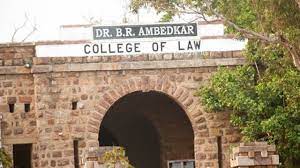

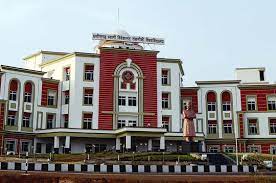

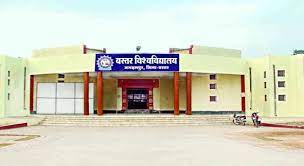

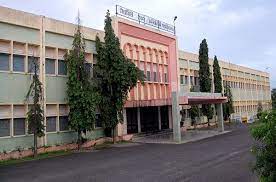
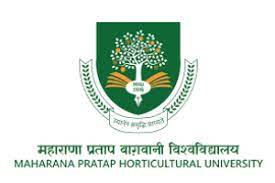

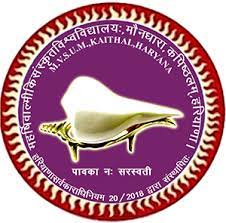
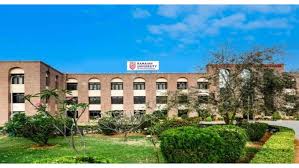

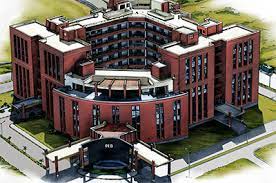



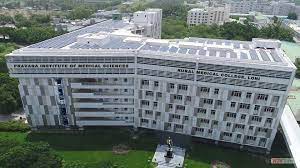
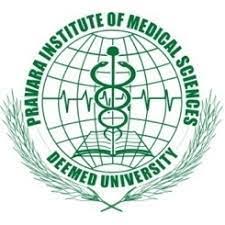
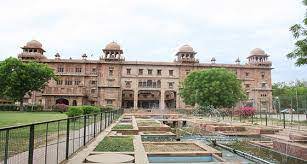
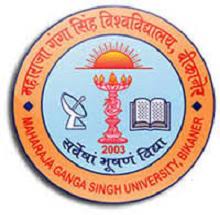
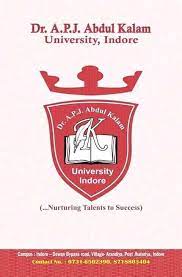





 back
back